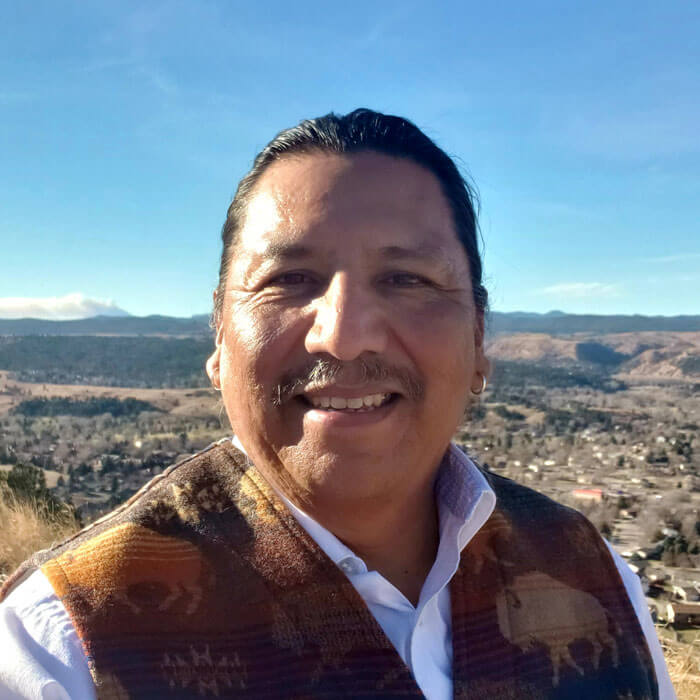Tribal Data Sovereignty
Tribal data sovereignty refers to the right of Indigenous Tribes or Nations to control and govern their own data. It emphasizes the autonomy and self-determination of Indigenous communities in managing and utilizing their data in ways that align with their cultural values, traditions, and priorities.
In many cases, data sovereignty is seen as a response to the historical and ongoing challenges faced by Indigenous communities regarding the collection, use, and ownership of their data. This includes concerns about privacy, cultural sensitivity, and the potential misuse of data collected from Indigenous populations.
Efforts to promote tribal data sovereignty often involve developing policies and frameworks that respect the rights of Indigenous communities to have control over their data. This can include legal and regulatory measures to ensure that data collected from or about Indigenous peoples is used ethically and with their consent.
The concept of tribal data sovereignty aligns with broader discussions on data sovereignty, where communities or nations assert their right to control data within their borders or related to their citizens. In the context of Indigenous communities, it specifically addresses the unique challenges and considerations tied to their cultural heritage and collective rights.
Note from WILD12 organizers: Out of respect for the 12th World Wilderness Congress’ hosts and their generous invitation to the world to join them on their territory, we ask that all delegates respect the people and information shared during this gathering by adhering to the following:
- Attribute all knowledge acquired to those who shared it.
- Do not take and/or use knowledge out of context or without permission to do so.
- Do whatever possible to ensure the original knowledge holders benefit from the use of their knowledge, and are not harmed by such.
We also ask delegates to be thoughtful about the way they appreciate Lakota culture, being careful to not appropriate ideas and forms of expression unique to the Lakota without their expressed consent.
